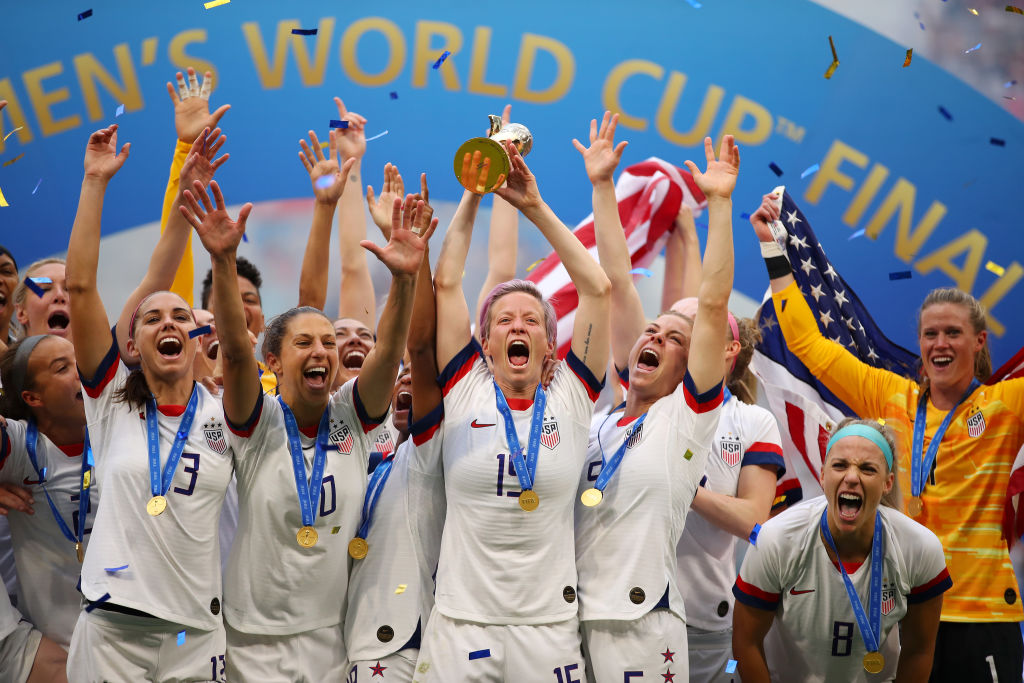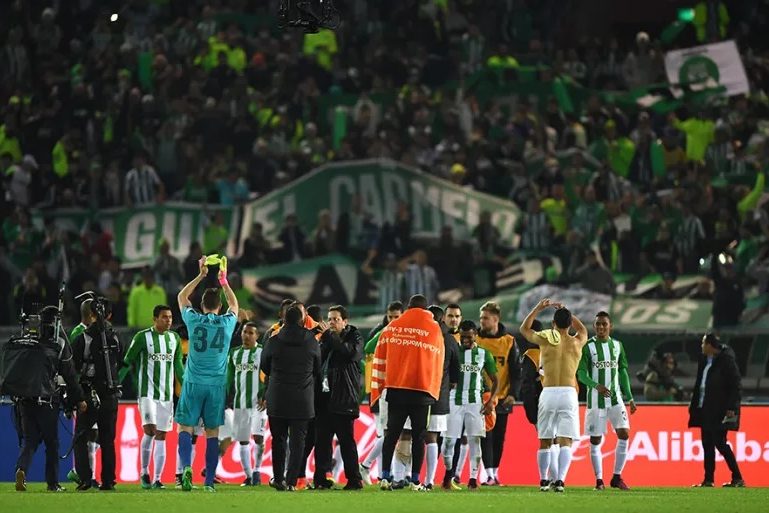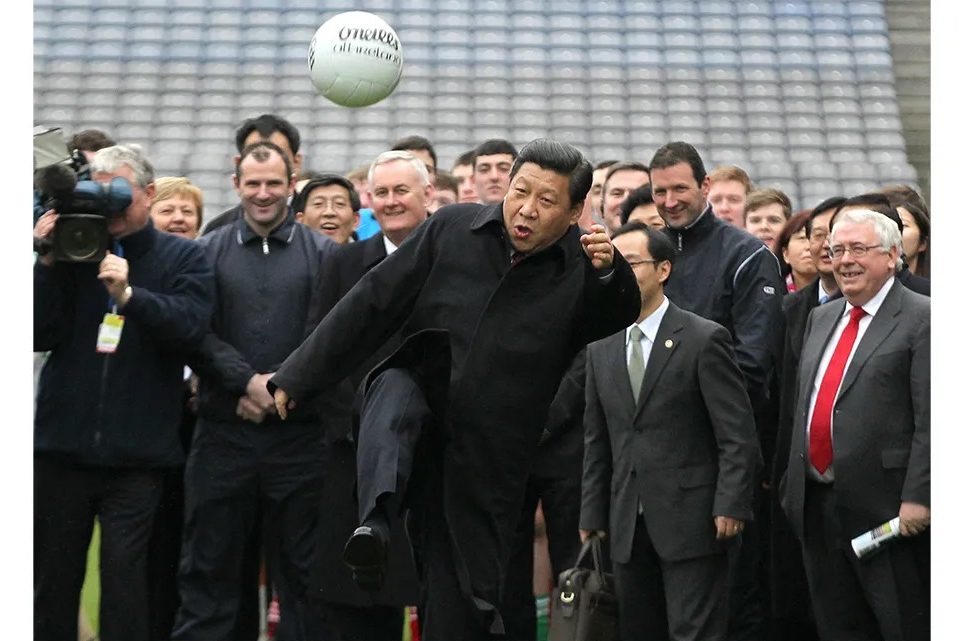The US women’s smoothly thrilling victory over the Netherlands confirms this World Cup as a record-breaking success, marred only by a consistent absence of spitting, gouging, punching and diving. The women’s game may be getting the numbers, but it still has a long way to go before it sinks to the lucrative depths of the men’s game. The longer it takes to get there, the better.
Women’s soccer is now perfectly balanced between the best and worst kinds of professionalism — between literal amateurishness, which combines a love of the game with an inconsistency of skill that means anything can happen, and the corrupt and cynical thuggishness of high-level men’s football, with its backhanders and theatrics. In this year’s cup, the women’s game crossed the threshold of popular interest — which is also the threshold of commercial potential.
These pressures will increase the professionalism and the profits, but with diminishing returns of human interest. Men’s tennis became boring when it became more professional and more lucrative. The same has happened to men’s soccer, with its grinding out of 1-0 wins and the even louder grinding of financial gears, some of them illicit, off the field. The ‘beautiful game’ is always ugly these days.
In the end, the best man won in Paris on Sunday. The man from Nike, who will hand out sponsorship contracts at rates that, if the game continues to grow like this, will turn out to be bargains. The paths of women’s soccer professionalism may, however, differ from the tawdry and dumb path taken by the men.
Soccer styles reflect national character, but which America is represented in a women’s team that fielded just one non-white player in its starting XI? Women’s soccer in the US isn’t urban and gritty like men’s soccer the world over. It’s a middle-class, suburban sport for college graduates. No neck tattoos for this team.
The dominance of the USWNT derives not just from the American impulses for competition and commerce, but also from Title IX, and the trend for anyone who can write his or her own name to go to college. Megan Rapinoe’s anti-Trump comments might not have befitted a representative of the national team, but they befit a graduate of the University of Portland.
Everything gets politicized when it gets commercialized, so expect grumblings about the unacceptable Caucasity of the US women’s team. The woke are already awake to the massive difference in salaries and prize money between women’s and men’s soccer. But how much does this reflects the differing scale and commercial potential of the games — and how much will the gap now narrow?
On Friday, FIFA president Gianni Infantino announced that the prize money for the 2023 Women’s World Cup will rise from this year’s $30m to $60m. The prize money for the next Men’s tournament, scheduled to be held in Qatar in 2022, is $440m. Soccer is a business, and sexism against women, which certainly exists in the men’s game, will be overturned as an impediment to business.
‘Men grab their sacks,’ Alex Morgan explained when challenged about her tea-sipping gesture after scoring against England in the semi-final. It’s only fair that the top women players get to grab a sack of gold now that their game is a big-money attraction. But it would be a shame if the women’s game turns out like the men’s. It would also be a shame if, as the college scholarships multiply and the prize-money grows, ‘trans women’ muscle in on women’s soccer as they have in other sports. The men always spoil it, don’t they?
Dominic Green is Life & Arts Editor of Spectator USA.

























